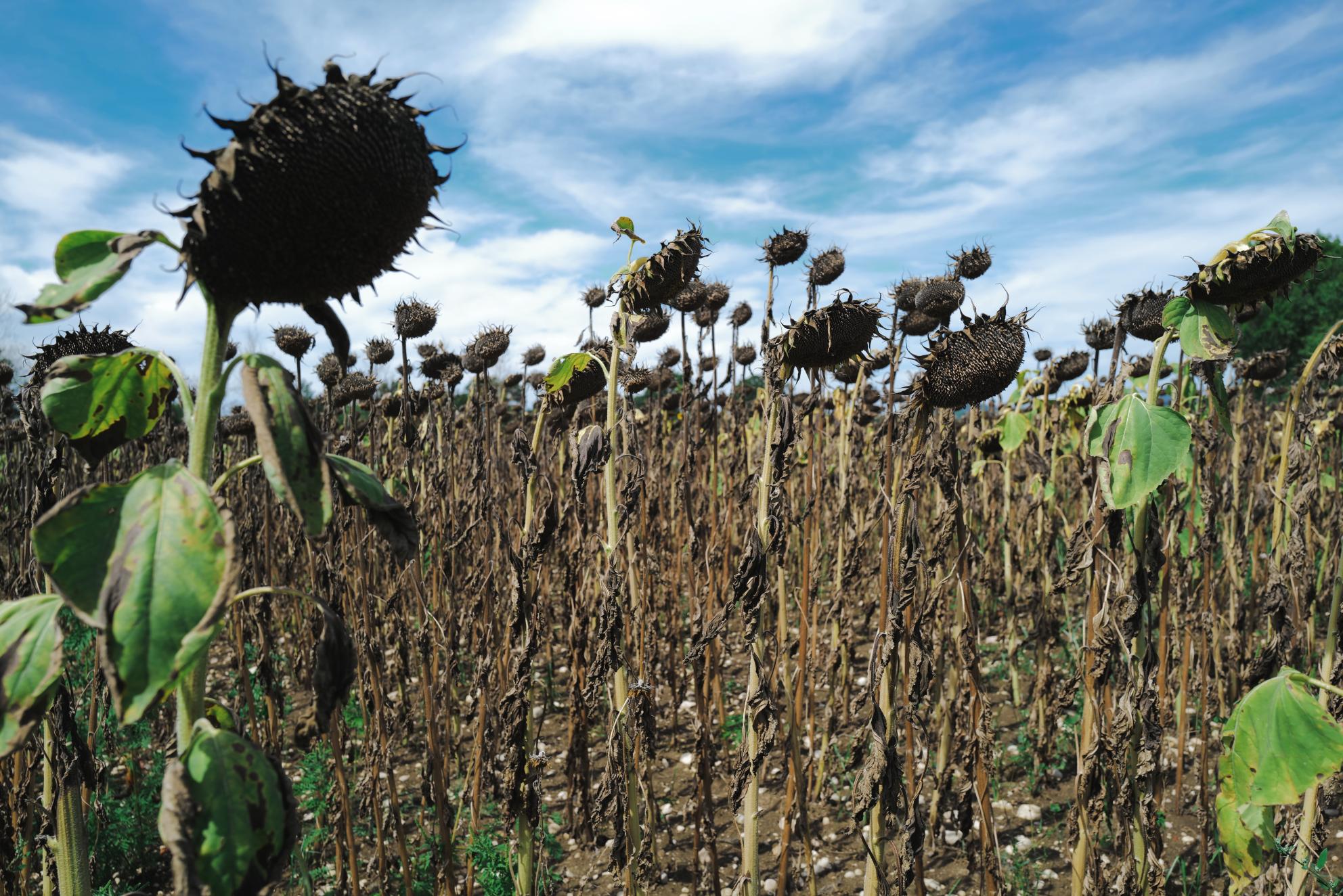A JRC-developed expert-driven explainable AI (xAI) model can detect multiple climate hazards impacting agriculture in Europe. It enables probabilistic detection and uncertainty estimation of areas of concern, hence improving risk management.
Climate extremes pose significant threats to agriculture in Europe: cold spells can bring frost during the flowering phase, while excessive heat and low water availability can stress vegetation, thus reducing crop yield.
By integrating decades of expert knowledge with advanced explainable AI (xAI) techniques, a team of researchers led by the European Commission’s Joint Research Centre (JRC) has developed an expert-driven model that can detect multiple climate hazards affecting agriculture in Europe.
The model - described in a scientific article published in Nature today - can improve risk management and adaptation, helping to boost the resilience of agriculture in Europe. This marks a step towards developing more robust and reliable multi-hazard early warning systems for agriculture.
By combining the power of AI with the irreplaceable expertise of domain specialists, this model can help to improve climate resilience and safeguard food security in the face of increasing climate variability in Europe.
Detecting climate hazards through expert knowledge and AI
The model builds on the expertise of agro-climatic specialists who have operationally identified areas of concern (AOCs) where specific climate hazards may impact agriculture, such as droughts, heatwaves, and extreme precipitation events. By learning from this rich dataset, the model can efficiently digest big agro-meteorological datasets in a timely fashion to provide first-guesses of AOCs relevant for agriculture in Europe.
Unlike traditional black-box AI models, this system provides clear explanations for its predictions by showing the key factors driving the detection of AOCs. For instance, the model reveals the critical role of specific atmospheric circulation patterns in driving drought conditions, allowing for more accurate drought impact-based forecasting and preparedness. The transparency and interpretability embedded in the model helps to build trust and allows stakeholders to understand potential underlying causes of risk.
Another key aspect of the developed model relies on its probabilistic nature. The model is designed to provide a range of possible results, thus doesn't just detect if a certain area is of concern but also provides the means for assessing how likely it is, along with an estimation of the associated uncertainty.
This probabilistic output empowers farmers, stakeholders, policymakers, and disaster risk reduction practitioners to make more informed decisions about resource allocation and intervention strategies. For example, the model highlights areas with potential high impact (e.g. drought conditions during early crop growth stages) and low uncertainty (e.g. likely to be verified in the field), signalling a need for immediate action in those areas.
Future research will focus on incorporating additional data sources, exploring advanced AI architectures, and refining communication strategies to effectively convey complex risk information to diverse audiences.
Source - https://joint-research-centre.ec.europa.eu













